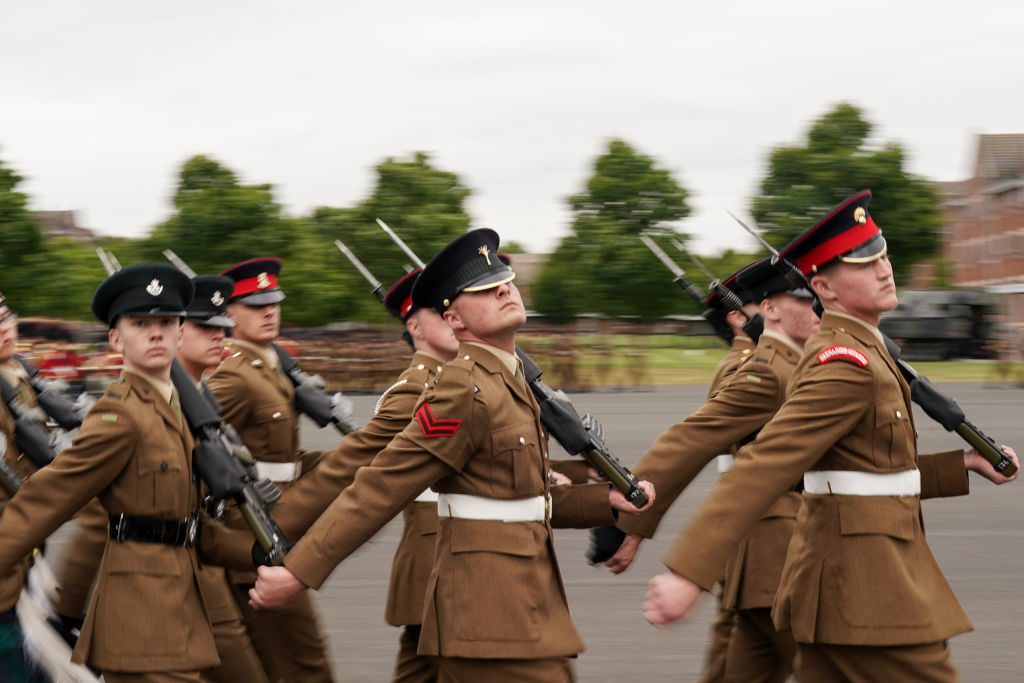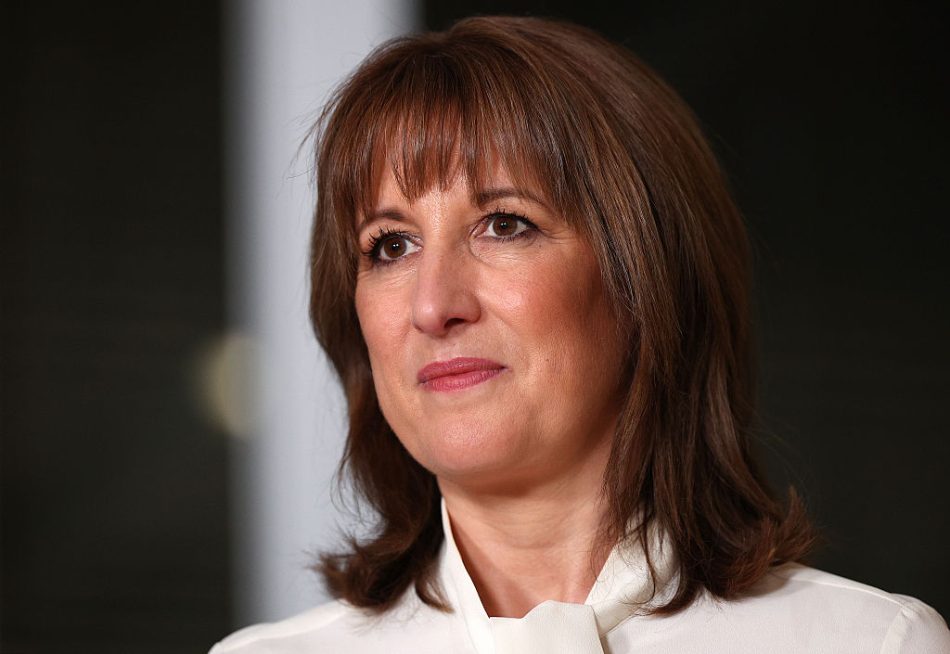Old soldiers never die, in the words of the barrack ballad, but increasingly they do not fade away either. With an unusually intense public focus on defence issues thanks to the insistence of Donald Trump that Europe up its military spending pronto, platoons of former senior officers are now popping out of the woodwork to weigh in with analysis and advice on what needs to be done.
Last week, General Sir Richard Shirreff, former deputy supreme allied commander Europe for Nato, told the i that defence spending would need to rise to 3 per cent of GDP as a minimum. The government, he also said, should consider limited conscription of 30,000 a year to increase the size of the army. Perhaps now that Keir Starmer has said that defence spending will rise to 3 per cent of GDP in the next parliament, the General will be happy. Meanwhile, the former chief of the defence staff General Sir Nick Carter, appearing on the BBC’s Question Time, commented that the armed forces were ‘remarkably hollow’ due to a ‘process of neglect over a 30-year period’.
Shirreff and Carter were only the most recent retired top brass to speak out. Last weekend, General Lord Dannatt, chief of the general staff from 2006 to 2009, wrote in the Sunday Telegraph that ‘any objective analysis would conclude that this country must increase its defence budget substantially’. He lamented that the UK had ‘taken several peace dividends too many’.
Last year, General Lord Houghton of Richmond, erstwhile chief of the defence staff, criticised ministers for allowing the military to be ‘hollowed out’ and reducing it to a ’boutique’ force with ‘no depth’. In 2023, General Sir Richard Barrons, ex-head of Joint Forces Command, warned that ‘we have an army that… is in no state to fight’ because the government was ‘deliberately keeping defence broken’.
The thesis they are all affirming is a widely accepted one. For a number of years – to talk of 15 years places the responsibility squarely with Conservative governments, while others suggest 30 years to share the blame across political parties – the armed forces have been systematically underfunded. Their capabilities have been chipped away gradually without ever being reduced to breaking point, and a culture of excessive optimism and blank denial of reality has allowed the Ministry of Defence to paper over ever-widening cracks.
Men who have served in the very highest positions in the armed forces have valuable perspective and experience to contribute to the public debate. It is hard to ignore the fact, however, that all these generals were serving in the military while this hollowing out was taking place. Carter was chief of the defence staff between 2018 and 2021, while Houghton was his predecessor-but-one from 2013 to 2016; Barrons was commander Joint Forces Command also between 2013 and 2016 and Shirreff was Nato deputy commander in Europe between 2011 and 2014. That places them even in the more restrictive 15-year bracket.
They cannot exhume Jeremy Corbyn’s weak excuse of being ‘present but not involved’
I would not wish to be too critical. Soldiers serve the civilian government and follow orders, and no one should suggest other than that ministers are ultimately responsible for budgets and spending decisions. In public, senior officers must remain loyal to the government; they cannot overtly criticise their political masters and are understandably banned from speaking out against government policy. General Sir Patrick Sanders made his opposition to the reduction in numbers of personnel known semi-publicly in 2023, and shortly afterwards was eased out as chief of the general staff after only two years, an unusually short tenure.
It is also true that the military prides itself on a pragmatic, practical, ‘can-do’ spirit. There is a peculiarly British pride in successful improvisation to overcome challenges without sufficient resources, part of our national genius for ‘muddling through’. Time and again, the armed forces have carried out tasks for which they have been ill-prepared or under-equipped and have prevailed against the odds. The response to the Argentinian seizure of the Falkland Islands in 1982 is perhaps the greatest example of this.
Nevertheless, there is a responsibility on senior officers – this applies to high-ranking civil servants too – to push back against impossible ministerial demands and be candid, albeit in private, about what is and is not possible. By definition, the public does not hear of this except through snippets of Whitehall gossip, but we do know that none of these generals, however fiercely they fought behind closed doors, found the situation intolerable to the point of resignation.
All of them were seemingly able to adapt themselves to the circumstances of diminishing resources until it was time for them to retire. The only senior officer strongly suspected to have quit because of inadequate defence spending was Brigadier Ed Butler, who resigned as chief of joint operations in 2008. Loyalty and duty are powerful impulses, and admirable ones, but they cannot insulate generals from any culpability.
I don’t believe that any of the officers recently so openly critical can be held responsible for the current condition of the armed forces. They undoubtedly believe they did the best they could under the circumstances while holding senior positions. But as they queue up to deliver punchy, clear-eyed analysis of what has gone wrong with the military and how to solve it, they might reflect on their own actions and inactions. They cannot exhume Jeremy Corbyn’s weak excuse of being ‘present but not involved’: they were there, they saw what was happening and they chose to stay. That is a decision they must own.








Comments